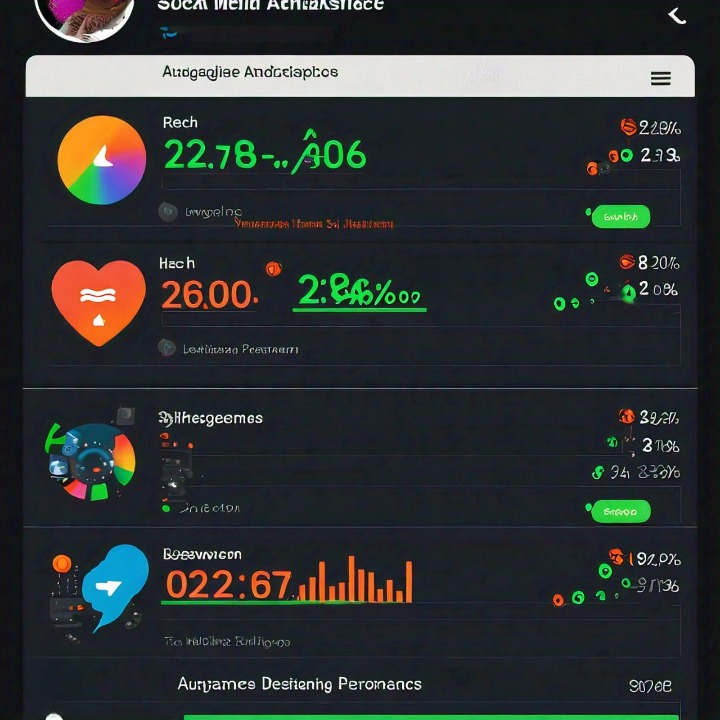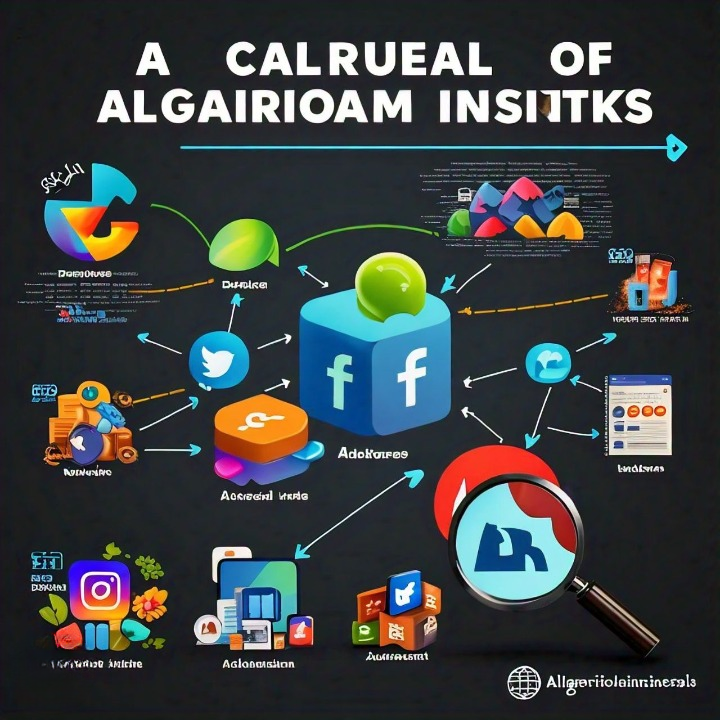Social media has become an integral part of our daily lives, and at the heart of its ever-evolving landscape are algorithms. These complex systems dictate what content we see and when we see it, profoundly influencing our online experiences. As we approach 2024, understanding how social media algorithms have evolved and what this means for content creators is crucial. This article explores the journey of these algorithms and offers insights into how creators can navigate the current digital ecosystem.
The Evolution of Social Media Algorithms
- Early Days: Simplicity and Recency
In the early days of social media, platforms like Facebook and Twitter relied on relatively straightforward algorithms. Content was often displayed in chronological order, prioritizing the most recent posts. This simplicity allowed users to see updates from friends and followers in the order they were posted, making it easy to stay current with their networks.
- The Rise of Engagement Metrics
As social media platforms grew, so did the complexity of their algorithms. By the early 2010s, engagement metrics—such as likes, shares, and comments—started to play a significant role. Platforms began to prioritize posts that generated higher engagement, aiming to keep users on the platform longer. This shift meant that popular content reached more users, while less engaging posts struggled for visibility.
- The Advent of Personalization
Around the mid-2010s, social media algorithms took a major leap forward with the advent of personalization. Platforms like Facebook and Instagram introduced sophisticated algorithms that used data to tailor content to individual users’ preferences. These algorithms analyzed users’ interactions, interests, and behavior to curate a personalized feed. The goal was to show users content they were more likely to engage with, based on their previous activity.
- The Role of Machine Learning
In recent years, machine learning has become a cornerstone of social media algorithms. Platforms like YouTube and TikTok employ advanced machine learning models to predict user preferences and recommend content with greater accuracy. These algorithms continuously learn from user interactions, improving their ability to suggest relevant content and keep users engaged. As machine learning models evolve, so does the complexity of these algorithms, making it both a challenge and an opportunity for content creators.
- The Impact of Privacy Concerns and Regulation
As privacy concerns and regulatory scrutiny have increased, social media platforms have had to adapt. Changes in data protection laws, such as the General Data Protection Regulation (GDPR) in Europe and similar regulations elsewhere, have impacted how platforms collect and use data. This shift has led to more transparent and user-centric approaches, with platforms focusing on providing users with more control over their data and how it’s used to personalize their experiences.

Implications for Content Creators in 2024
- Adaptability is Key
In a landscape where algorithms are constantly evolving, adaptability is crucial for content creators. Staying updated on algorithm changes and understanding how they impact content visibility can help creators refine their strategies. Creators need to be flexible, experimenting with different types of content and engagement tactics to see what resonates with their audience.
- Focus on Quality and Authenticity
With algorithms prioritizing user engagement and personalization, high-quality, authentic content is more important than ever. Content that genuinely resonates with audiences is more likely to be shared, commented on, and engaged with. Creators should focus on delivering value through their content, whether it’s informative, entertaining, or emotionally compelling.
- Embrace Data Analytics
Social media platforms provide a wealth of data that can offer insights into how content performs. By leveraging analytics tools, creators can track engagement metrics, understand audience preferences, and adjust their strategies accordingly. Analyzing data helps creators identify trends and make informed decisions about their content.
- Build and Nurture Communities
Algorithms favor content that generates meaningful interactions. Building and nurturing a community around your content can lead to higher engagement and better visibility. Engaging with your audience through comments, live streams, and interactive posts helps foster a sense of connection and loyalty.
- Diversify Platforms
Relying on a single social media platform can be risky, especially as algorithms change. Diversifying your presence across multiple platforms can help mitigate risks and reach a broader audience. Each platform has its own algorithm and audience dynamics, so tailoring your content to fit each platform’s unique characteristics can be beneficial.

Conclusion
The evolution of social media algorithms has fundamentally transformed how content is created, shared, and consumed. For content creators in 2024, understanding these changes and adapting to the current landscape is essential for success. By focusing on quality content, embracing data analytics, building communities, and diversifying their presence, creators can navigate the complexities of modern algorithms and continue to thrive in the dynamic world of social media.

